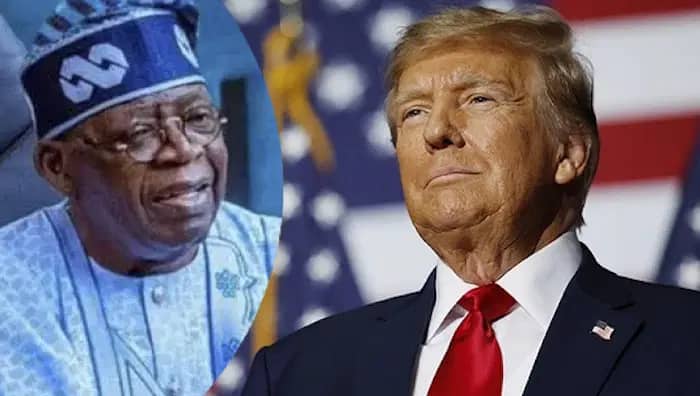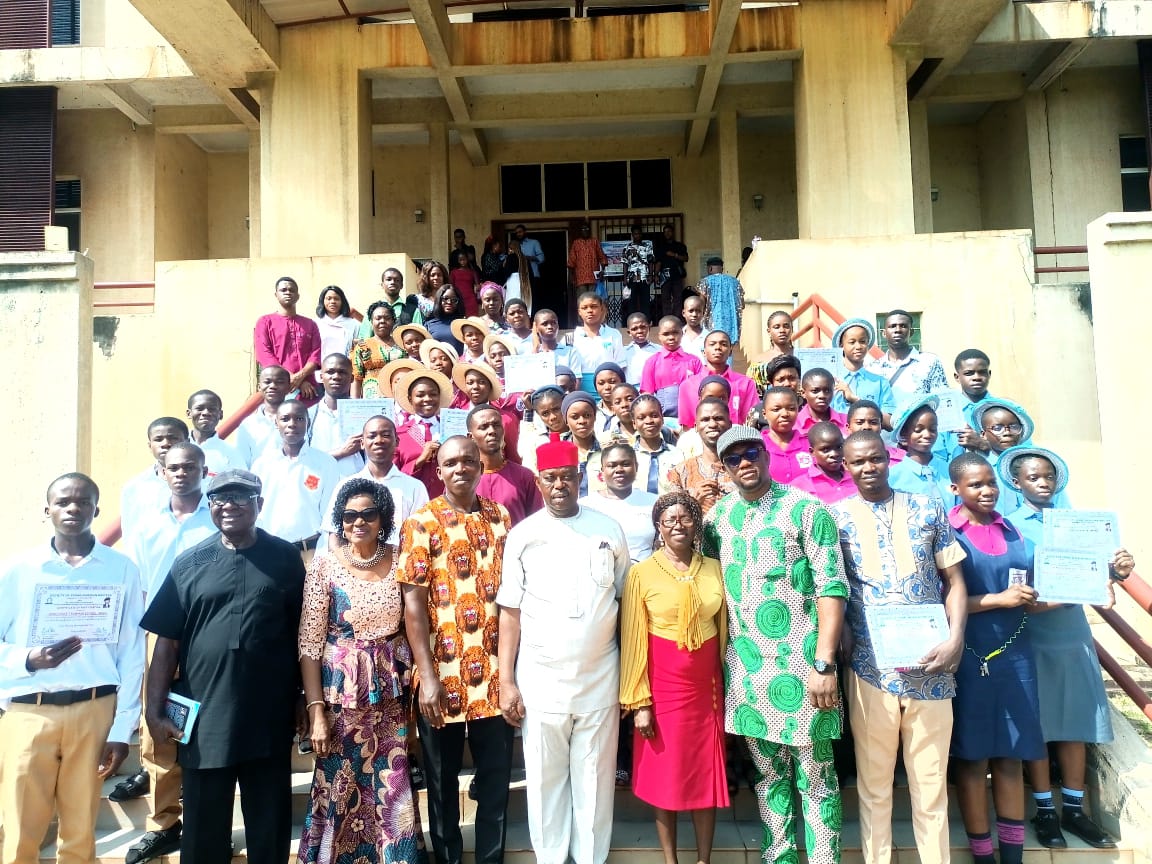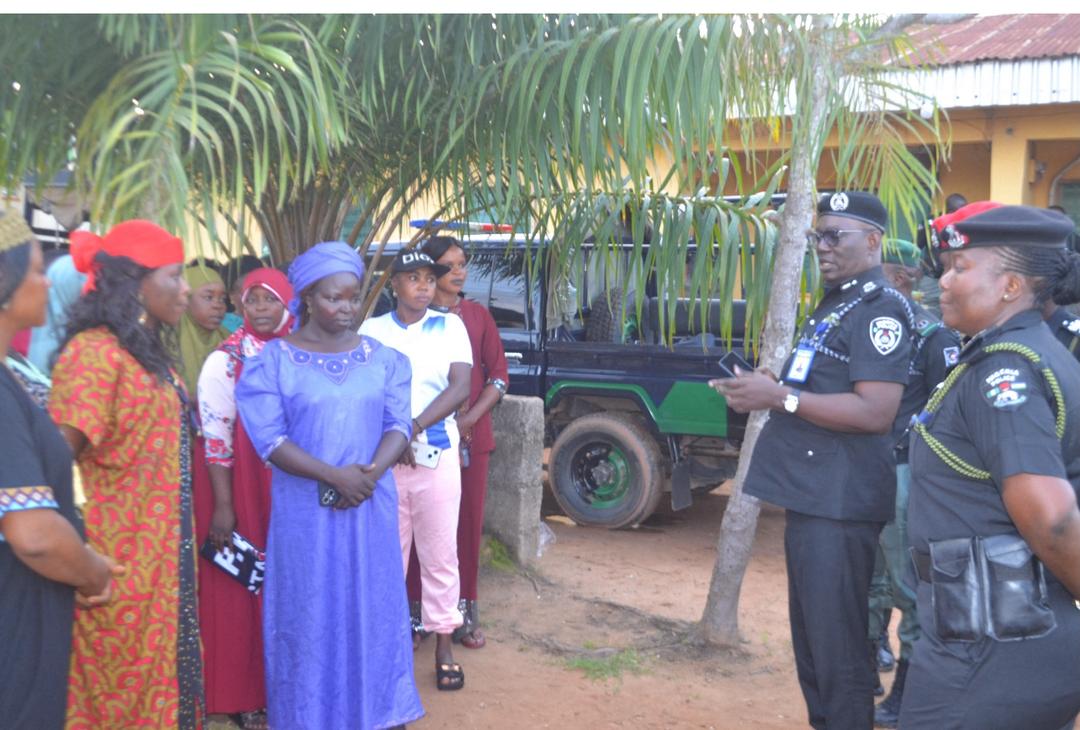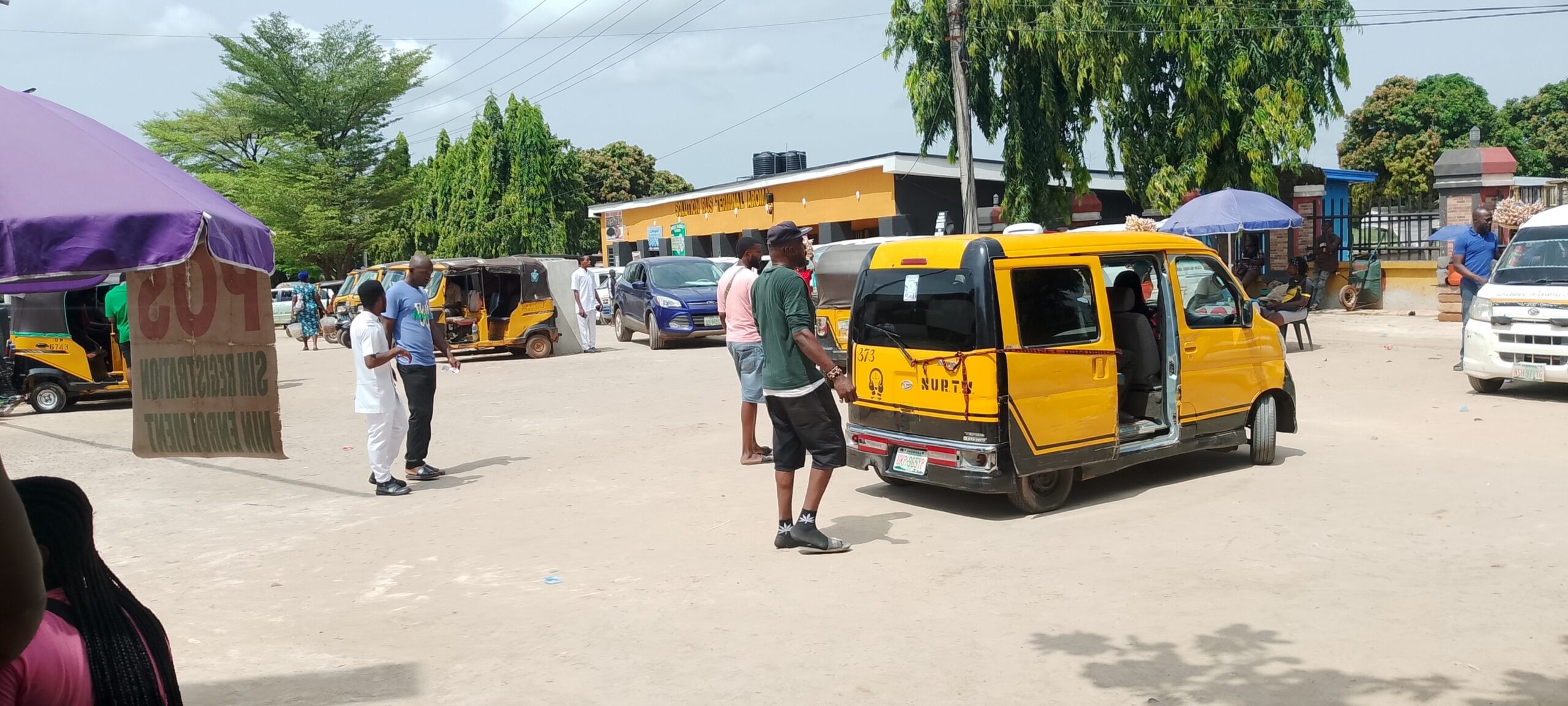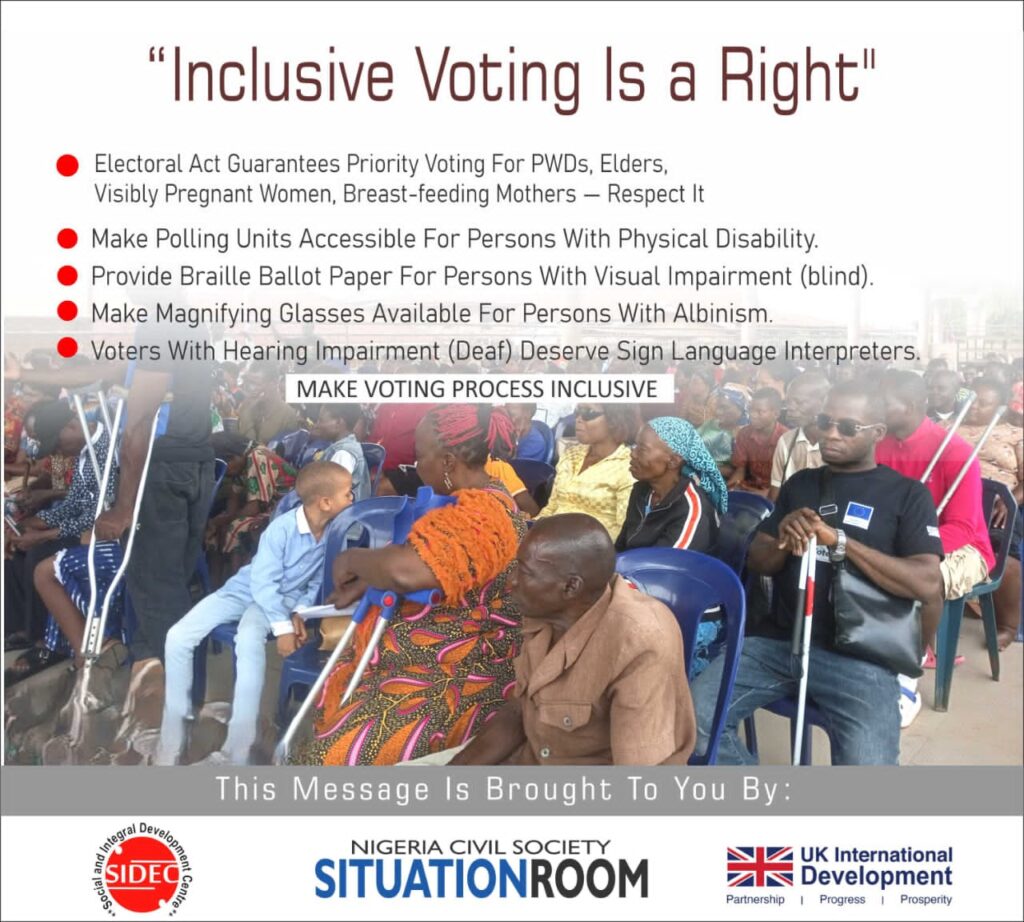
Renowned human-rights lawyer, Ifeanyi Ejiofor, has warned the Nigerian government not to dismiss lightly recent threats by former U.S. President Donald Trump that the United States might intervene militarily over the alleged killing of Christians in Nigeria.
In a statement titled “Monday Musing: When the Eagle Roars — President Trump’s War Directive and the Diplomatic Reverberations Nigeria Must Not Ignore,” Ejiofor said Trump’s words should be read as a serious diplomatic signal rather than mere rhetoric.
He pointed to a Truth Social post in which Trump described Nigeria as a “now disgraced country” and hinted that the United States might “go in guns blazing.” Ejiofor argued that such language carries meaning because, he said.
“Those familiar with the weight of every syllable uttered by the Commander-in-Chief of the world’s most formidable military should know that this is no idle bluster.”
Ejiofor highlighted additional lines from Trump’s post — that he had “instructed the Department of War to prepare for possible action” and that “If we attack, it will be fast, vicious, and sweet” — as phrases that amount to a diplomatic thunderclap.
He urged Nigerian diplomats and security authorities to treat the post as a signal of real risk and to act accordingly.
Weighty utterances
“Trump may speak with the swagger of a showman, but his words have historically carried the weight of intent,” Ejiofor said, recalling episodes during Trump’s presidency when rhetoric was followed by decisive action.
The lawyer warned that if Nigeria’s security agencies do not decisively confront those responsible for sectarian violence, the resulting vacuum could invite foreign intervention.
“And when the Americans decide to act,” he said, “history shows they seldom knock politely.”
He emphasized that U.S. intelligence and military capacity operate on “satellites, precision, and policy,” not conjecture, and that perceived evidence of state failure can lead to rapid international responses.
Ejiofor urged the administration of President Bola Ahmed Tinubu to approach the episode through both a foreign-policy and national-security lens.
He recommended immediate, proactive diplomatic engagement with Washington to clarify Nigeria’s position, rebuild confidence, and avert unnecessary escalation.
Examining human rights response
The Human Rights Lawyer also called for a transparent, comprehensive human-rights response at home: an open investigation into alleged religious killings and visible demonstrations that the Nigerian state remains committed to the rule of law, human dignity, and religious freedom.
Beyond the procedural steps, Ejiofor framed the crisis as moral as well as strategic. He questioned the legitimacy of any government posture that appears to negotiate or appease armed actors while civilians — he cited recent footage of the killing of a dozen Christians, including a pastor — continue to be slaughtered.
Such public spectacles, he argued, amount to moral capitulation and erode both national and international confidence in Nigeria’s capacity to protect its citizens.
The lawyer warned that dismissing Trump’s message as mere “theatre” would be dangerously naïve. He pointed out that language of force has historically preceded major military interventions and that terms like “guns blazing” and “fast, vicious, and sweet” should not be treated as rhetorical flourish when uttered by someone who has shown a readiness to convert words into action.
He argued that even if a president’s post is not an official policy statement, it can shape global discourse and create a political momentum that is hard to contain.
Strategic partnership
Ejiofor urged the Tinubu administration to seize the diplomatic initiative and to transform a potentially confrontational moment into an opportunity for strategic partnership.
Transparent investigations, credible prosecutions where warranted, and sustained engagement with international partners would, he suggested, demonstrate Nigeria’s seriousness and reduce the likelihood that external actors will perceive a need to act unilaterally.
Concluding his warning, Ejiofor said: “Nigeria must not wait for the roar of the eagle to become a strike. This is the moment to act, to engage, and to reaffirm our sovereignty through responsible diplomacy.”
He insisted that decisive domestic action — strengthening security responses, showing accountability for attacks, and communicating openly with the international community — offers the best chance to defuse threats and restore both national dignity and foreign confidence.
In sum, Ejiofor’s message is both cautionary and prescriptive: treat the Trump post as a real diplomatic alarm, respond transparently to allegations of religious killings, and use energetic diplomacy to prevent escalation.
If Nigeria fails to do so, he warned, it risks turning a dangerous rhetorical provocation into a world-stage crisis with profound consequences for sovereignty and public safety.


